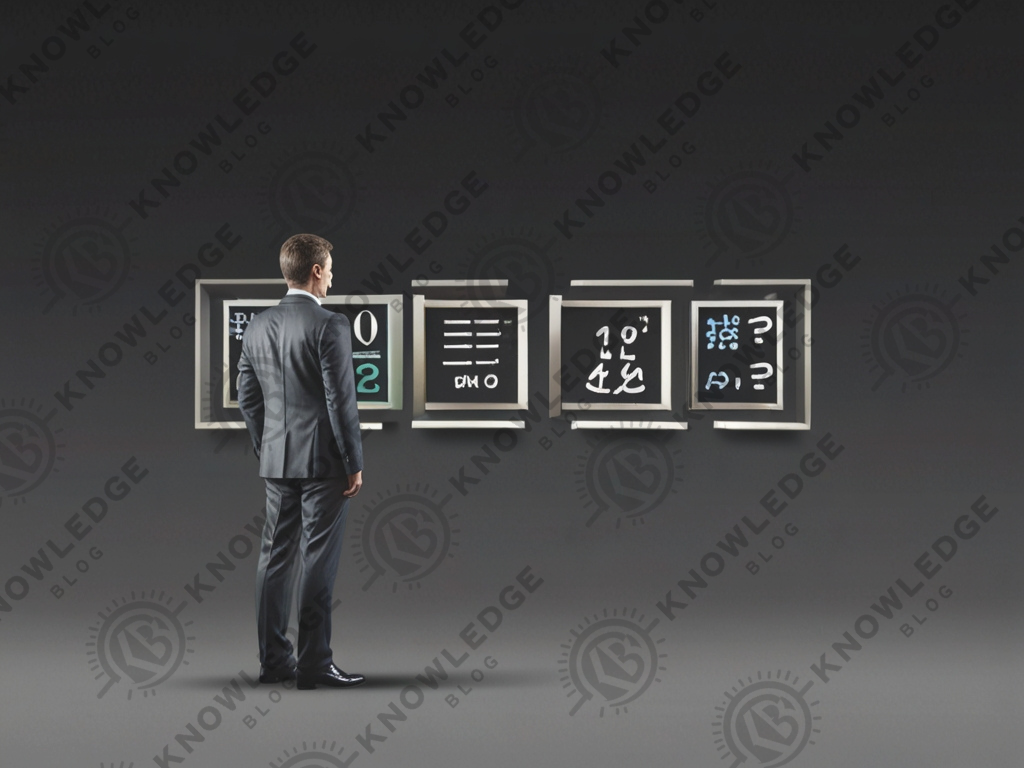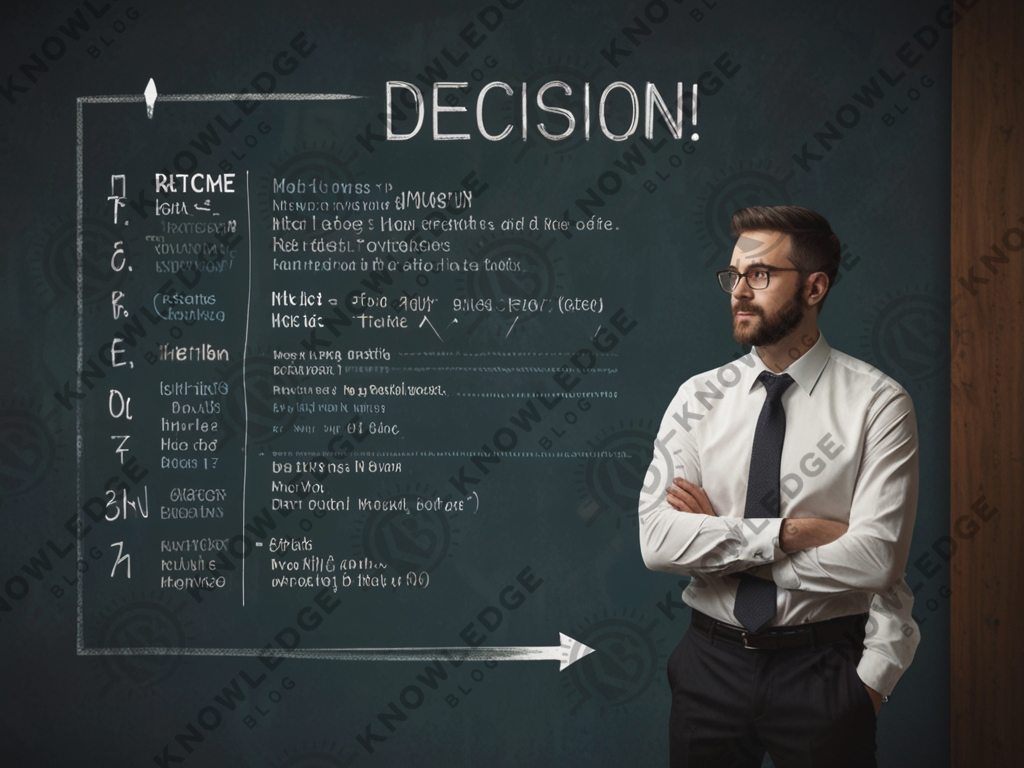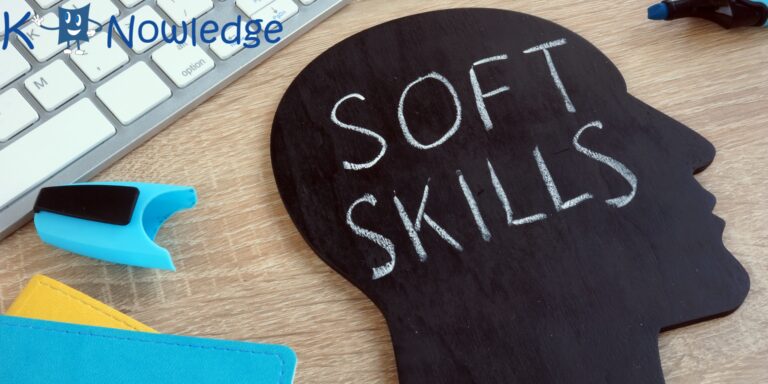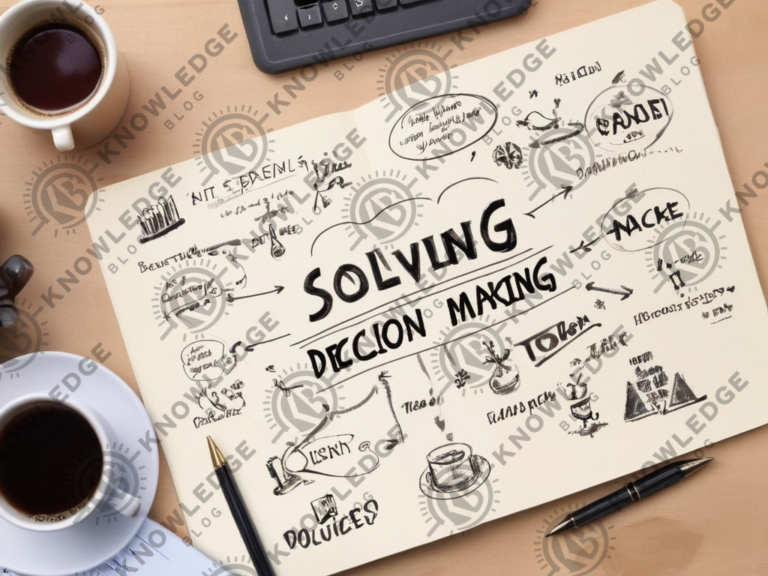Develop Problem Solving and Decision Making Skills

In today’s dynamic and complex world, the ability to effectively solve problems and make decisions is more crucial than ever.
Problem solving and decision making skills are not only essential for navigating the challenges of daily life but also paramount for success in professional endeavors.
These skills empower individuals to identify obstacles, devise effective solutions, and choose the best course of action among various alternatives.
In this essay, we will explore the significance of problem solving and decision making skills, their impact on personal and professional growth, and strategies for their development and enhancement.
How to Develop Problem Solving and Decision Making Skills
Developing problem solving and decision making skills is crucial in both personal and professional life.
Here are some strategies to enhance these skills:
Understand the Problem
Begin by clearly defining the problem at hand. Take the time to analyze its various aspects, potential causes, and implications. Feel free to divide it into smaller sections if that’s easier for you.
Gather Information
To gain a deeper understanding of the problem, gather pertinent data and information. This could involve research, data analysis, or seeking insights from experts in the field.
Generate Solutions
Brainstorm potential solutions or approaches to addressing the problem. Encourage creativity and open-mindedness during this process. Consider both conventional and unconventional solutions.
Evaluate Options
Evaluate the advantages and disadvantages of each option. Consider factors such as feasibility, effectiveness, costs, and potential risks. Arrange the options in descending order based on these criteria.
Make a Decision
Once you’ve evaluated your options, make a decision based on the information available. Back your instincts and make well-considered risks when needed.
Related Article: how to change your life for the better
Implement the Decision
Put your chosen solution into action. Develop a plan for implementation and allocate resources as needed. Communicate your decision to relevant stakeholders and enlist their support if required.
Monitor and Adjust
Continuously monitor the progress of your decision implementation. Be prepared to adjust your approach if new information emerges or if the initial solution proves to be ineffective. Learn from both successes and failures.
Seek Feedback
Gather feedback from others involved in the problem-solving process .This approach can unlock fresh perspectives you might have overlooked. Use feedback to refine your decision-making skills over time.
Practice Reflection
Take time to reflect on your problem-solving and decision-making processes. Analyze the strengths and weaknesses to determine areas for improvement Use this self-awareness to refine your approach in future situations.
Continuous Learning
Problem-solving and decision-making are skills that can be honed through practice and experience. Stay curious, seek out new challenges, and embrace opportunities for learning and growth.
By following these strategies and incorporating them into your daily life, you can enhance your problem solving and decision making skills, becoming more effective at tackling challenges and making sound choices.

Difference Between Problem Solving and Decision-Making
Problem-solving and decision-making are closely related concepts, but they involve different processes and focus on different aspects of addressing challenges.
- Problem Solving:
- Problem solving is the process of finding solutions to specific issues or obstacles.
- It involves identifying, analyzing, and resolving problems or difficulties.
- Problem solving often requires critical thinking, creativity, and analytical skills.
- The goal of problem solving is to overcome barriers or achieve a desired outcome.
- Examples of problem solving include troubleshooting technical issues, resolving conflicts, or developing strategies to improve efficiency in a process.
- Decision-Making:
- Decision-making is the act of evaluating various possibilities and selecting the most suitable one.
- It involves evaluating options, considering consequences, and choosing the best course of action based on available information and preferences.
- Decision-making may involve assessing risks, weighing trade-offs, and considering long-term implications.
- The goal of decision-making is to make choices that lead to desired outcomes or achieve specific objectives.
- Examples of decision-making include choosing between different investment opportunities, selecting a vendor for a project, or deciding on a career path.
In summary, while problem-solving focuses on identifying and resolving specific issues or challenges, decision-making involves evaluating alternatives and selecting the best course of action among them. Problem-solving is often a component of decision-making, as addressing obstacles or difficulties may be necessary to make informed choices. Both skills are essential in navigating complex situations and achieving goals effectively.
Benefits of Learning Problem Solving and Decision Making
Learning problem solving and decision making skills offers numerous benefits in both personal and professional contexts:
- Enhanced Efficiency: The ability to identify and address problems efficiently can lead to streamlined processes and improved productivity.
- Improved Innovation: Problem-solving encourages creative thinking and innovation as individuals seek novel solutions to challenges.
- Better Communication: Both problem-solving and decision-making require effective communication skills.
- Increased Confidence: Developing competence in problem-solving and decision-making can boost self-confidence and self-efficacy.
- Effective Leadership: Strong problem solving and decision making skills are essential for effective leadership and improving your Delegation Skill.
. - Adaptability: Learning problem-solving and decision-making equips individuals with the ability to adapt to changing circumstances and unforeseen challenges.
- Risk Management: Decision-making involves assessing risks and weighing potential outcomes.
- Conflict Resolution: Problem-solving skills are essential for resolving conflicts and overcoming obstacles in interpersonal relationships.
- Strategic Planning: Effective problem-solving and decision-making are critical components of strategic planning.
- Personal Growth: Learning problem-solving and decision-making fosters personal growth and development.
Overall, mastering problem solving and decision making skills empowers individuals to overcome challenges, make informed choices, and achieve their goals with confidence and competence. These skills are invaluable assets in both personal and professional life, contributing to success and fulfillment.
Related Article: Best Ways to Improve Critical Thinking
Conclusion
The acquisition and mastery of problem solving and decision making skills are indispensable assets that offer a myriad of benefits across various facets of life.
These skills empower individuals to tackle challenges effectively, make informed choices, and navigate complexities with confidence and competence.
By fostering innovation, enhancing efficiency, and promoting effective communication, problem solving, decision making and Analysis Skills contribute to personal growth, professional success, and organizational excellence.






